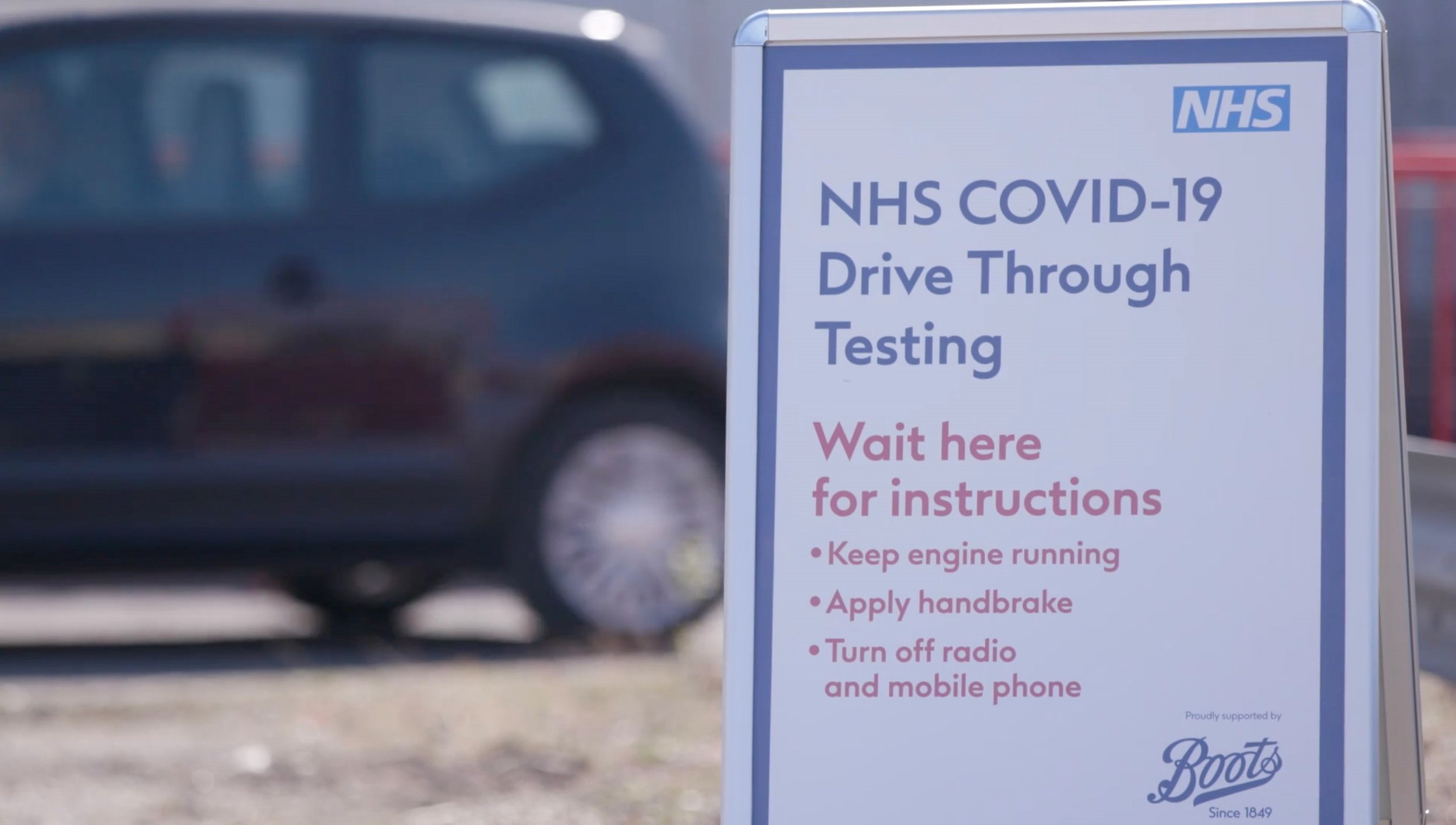Making GOV.UK COVID-19 Testing Accessible and Inclusive for everyone
An intensive 6-week research ‘mini discovery’ during the outbreak of COVID-19 in the United Kingdom

Problem:
The outbreak of COVID-19 in Spring 2020 brought rapid change to NHS and GOV.UK testing services. I was brought in as a part of an intensive 6-week sprint to lead on user research as part of service discovery focused on accessibility for online and offline COVID-19 testing for UK citizens to ensure services being built were accessible and inclusive for everyone. The goal was to reduce barriers to accessing COVID-19 testing by uncovering impediments people with disabilities and impairments may experience.
Time Frame:
May 2020 - July 2020
Primary responsibilities:
User recruitment, creating research studies, moderating remote user research sessions, analysis of quantitative and qualitative data, and facilitation of insights playback sessions.
Getting Started:
During the outbreak of COVID-19 in Spring 2020 there was urgency for NHS to create various services for citizens such as finding testing facilities, verifying their identity, ordering a testing kit, finding a drive-thru testing facility, and getting tested.
I was placed on this team as part of an intensive 6-week discovery phase focused on accessibility and inclusive service design for COVID-19 service finders.
During this Discovery I worked with product owners, interaction designers, content designers, and developers on a set of hypothesis statements and research questions we had regarding the design of a COVID-19 service finder in terms of accessibility and inclusivity.
Creating alignment and shared goals:
Creating different hypothesis statements and research questions in Miro as a team helped keep goals and priorities visible. This also helped me in constructing an informed research plan that ensured alignment in terms of what data we were seeking to gather in research sessions.
Mapping the COVID-19 Health and Care Eco-system:
During this time I also worked with other researchers, service designers, and product owners to map various COVID-19 health and support options as they came into existence in a rapidly changing UK health and care ecosystem. Artefacts such as these helped ensure we had a better understanding of touchpoints those seeking a COVID-19 test may be interacting with.
Remote research
Due to the Corona Virus outbreak, hosting moderated lab sessions with users was not an option. Because of these constraints, I needed to utilize remote moderated research sessions. Over the course of 2 weeks, I moderated sessions with sixteen research participants with various impairments and disabilities, such as autism, Asperger’s syndrome, low vision, registered blind, motor skill impairment, epilepsy, and cerebral palsy.
Running remote studies, particularly with research participants with disabilities and impairments, comes with a unique set of challenges. Particularly when it comes to setting up compatible remote interviewing software and tools. However, I found with the right approach in terms of setting expectations for users, giving them structured guidance before the sessions and answering any questions they may have before sessions, ensured productive and insightful sessions.



Outcome
Insights from my research and collaboration with service designers on this project lead to a significant impact in people finding a suitable offline testing service that fits their access needs. My research directly lead to more accessible and easy to understand content design on Gov.UK COVID-19 services, COVID-19 testing kits, and drive-through instructional content.
World-leading COVID-19 home test kit accessibility
Over 40 regional drive through testing sites launched



